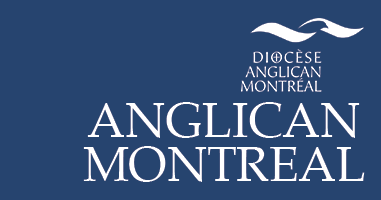I am writing this missive as an Anglican priest and as a Canadian citizen. I am deeply concerned that we are not naming the horror of the Residential Schools for what they were, a deliberate genocide.
In international law, genocide is part of a broader category of crimes against humanity. It is an intentional action to destroy a people in whole or in part. Article 2 of the United nations Convention on the Prevention and Punishment of the Crime of Genocide includes “forcibly transferring children of one group to another group”. This convention was passed by the U N in 1948 and was declared “Entry into Force” on 12 January 1951. This convention was signed by Canada.
The stated intention of the Canadian government in setting up the Residential Schools was to destroy aboriginal cultures by suppressing their languages (the chief vehicle of cultural transmission) and the ties of family and community life by separating children from their parents and transferring them to government supported Residential Schools. These schools were financed by the federal government and run by the churches of Canada – Anglican, Roman Catholic, Presbyterian and Methodist (later the United Church). This process predated Confederation but was formally imposed after Confederation. In 1920 the Federal government made it mandatory for First Nations children to attend residential schools and made it illegal for them to attend any other schools.
The Canadian government, actively supported by the people who elected them, engaged in a systematic genocide of First Nations people for a period of more than a hundred years. Treaties made with First Nations were designed to remove them from access to land that had supported them for centuries and such treaties were often broken by the governments who made them.
The reason for the removal of these peoples from their aboriginal lands was to allow European settlers to take them over and Canadian business interests to benefit from them. This is a process called colonialism. It consisted of large scale immigration to replace existing populations of indigenous peoples. European culture and values were imposed on aboriginal communities. Under the direction of the federal government, Canadian churches carried out the suppression of aboriginal cultures by demeaning, denying and demonizing them. Central to this process was the forcible placing of children in the Residential Schools. This was deliberate, cultural genocide. The deaths of so many children, often buried in unmarked graves is but one of the results of this policy. The continuing distress of those who survived the Schools is well documented.
What can we do as a nation and as a church in the face of this appalling history? Formal apologies have been publicly rendered by the government of Canada and by three of the four churches involved in running the residential schools (Anglican, Presbyterian, United Church).
When Vaclav Havel said that people need to live in truth, he also meant that nations cannot hope to hold together if they come to some common – and truthful – version of their past. (cited in Blood and Belonging, by Michael Ignatieff)
I believe that the recognition and naming of what happened in the residential schools as a genocide is the first step in coming to terms with our past. Until we call what happened a genocide we will not be facing the reality of our past. Without facing and accepting and naming the truth of our genocidal past we will not be able to move forward in concert with First Nations people to right these wrongs. It will also allow us to address the injustices and discrimination visited upon First Nations people that continues to this day.
The truth of this naming will make us free. Free to understand, free to act and free to commit to appropriate action.
If we continue to avoid naming our past actions as genocide it will be a confirmation that we are far from sincere in our intention to right the wrongs of the past and to treat our aboriginal neighbours as equals.
For more information go to www.anglican.ca/tr/histories/


